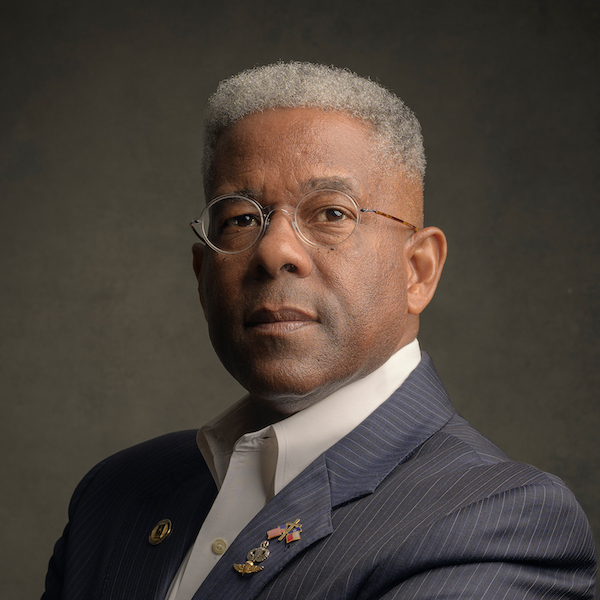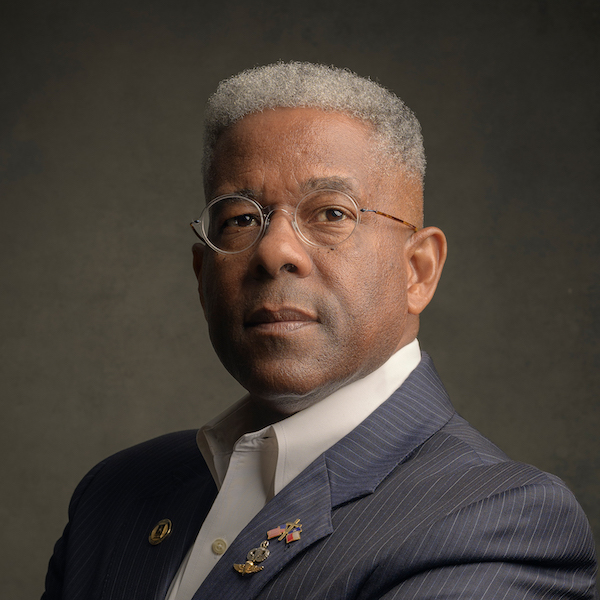By: J. Kenneth Blackwell(1) and Kenneth A. Klukowski(2)
There is a saying that “people get the government they vote for.” The implication of the maxim is that if undesirable or unwise legislation is enacted, if executive branch officials are inept or ineffective, or if the government is beset with widespread corruption, then such unfortunate results are the consequence of the electorate’s decision regarding whom to trust with the powers and prestige of public office. The Constitution does not forbid people from enacting wrongheaded policies. If voters elect leaders that fail them, then the citizenry is saddled with the consequences of its choice until the next election. Such is the reality in a democratic republic.
But this argument begs the question of whether voters did in fact elect the individuals who take their oaths of office. How do citizens know which candidate actually won in any given election? Election results are legitimate only to the extent that the returns include every legal vote and only those legal votes-undiluted by fraudulent or otherwise unacceptable votes. The task of counting every legal ballot and excluding every unlawful one is the challenge faced by practitioners of election law, whether as lawyers or as election officials. Primary authority for elections in America rests with the states, and in each jurisdiction, the secretary of state is the senior executive officer responsible for ensuring a free and fair election. Thus the secretary of state is involved in the unique act of balancing the duty to ensure access to the ballot box with protecting the integrity of the voting process.
(1) Former Ohio Secretary of State, United States Ambassador to the United Nations Human Rights Commission, and Co-Chairman of the 2ooo U.S. Census Monitoring Board; Visiting Professor, Liberty University School of Law. Xavier University, M.Ed. 1971; Xavier University, B.S. 1970.
(2) Fellow and Senior Legal Analyst, American Civil Rights Union. George Mason University, J.D. 2008; University of Notre Dame, B.B.A. 1998.
The authors would like to thank Shawn D. Akers and Robert A. Destro, along with Rosa E.Blackwell, Amanda J.Klukowski, and Chase E. Klukowski.



